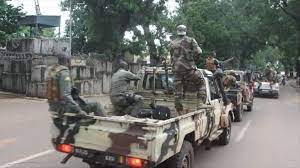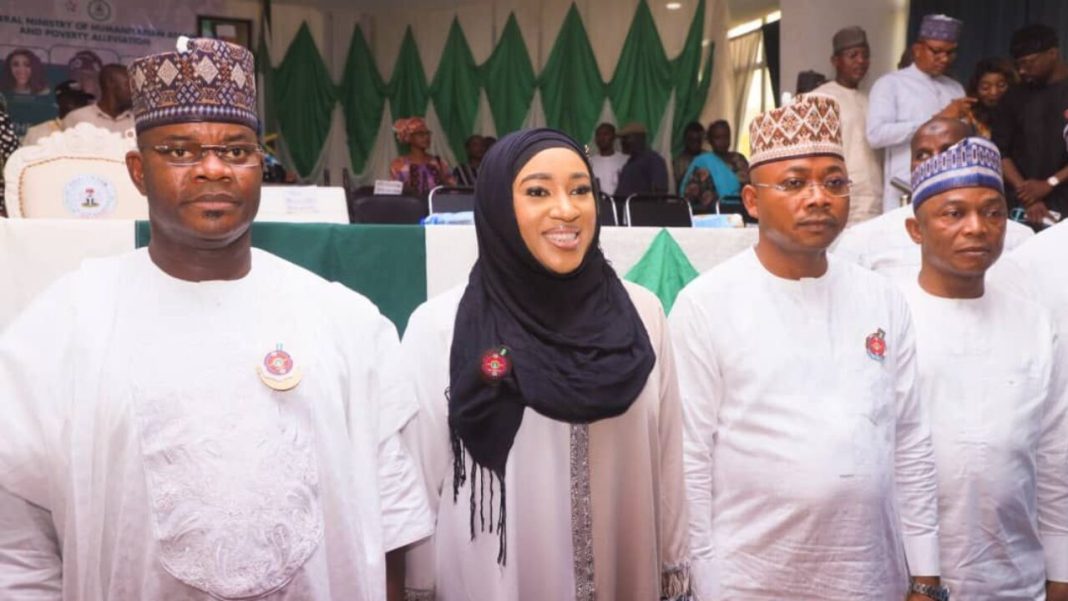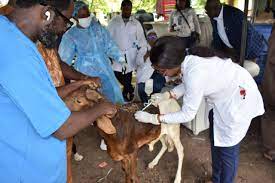By Okechukwu Keshi Ukegbu
African post- colonial experiences are replete with military interventions in its politucal affairs. This has privided a very huge set back for the black continent. These interventions have always produced very severe consequences in forms of wars, ethnic and religious strifes, political instability, with attendant consequences on child- soldering, rape, murder, ethnic cleansing , severance of family ties, among others.
Most times, the coups are delusiins as they usually fall short of the remedies they initially posed to offer. The afected counteies are left devastated, plundered, corrupt than the revolutionaries, as the coup masterminds are addressed, met them.
Divers reasons account for these interventions. They are alleged ineptitude in leadership structures of the countries, high scale corruption, political, economic and social uoheavals.The basis of coups in most instances is to overthrow a government the coupists or revolutionaries consider inefficient in discharging the basic functions of government. This has formed the appeals of the coupists to the populace to buy their sympathy.
But unfortunately, these promises turn to mirage when the revolutionaries renege on their earlier promises and perform more abysmally than the previous government they oust.Not only promises are not met, assurances of returning the country to a democratic path in cases of military regimes are shadows that are pursued endlessly.
Sometimes, it took the intervention of counter coupists to oust the previous coupists which most times results to arms conflicts. In this scenario, like it is widely held that “when two elephants fight, the grass is at the receiving end,” it becomes a vicious cycle and the innocent populace are worst hit
On the other hand, the resources of the countries are brazenly raped more tha before by the revolutionaries, converting the revolutionaries to villains instead of heroes. The situation leaves the affected countries with ni choice than to slip back to the gruesome hrio of their foreign collaborators and sponsors who facilitate the coups to score or settle one political point or the other.The resources invested in rehabilitating damaged infrastructure in these countries are very enormous and could have been diverted to other meaningful ventures.
Coups or military interventions breed proliferation of small arms and light weapons in African countries whuch has proved a strong nemesis. The situation has sparked other forms of resistance such as guerrilla warfares and massive criminality in these regions. It will be recalled that illegal circulation of these weapons in the hands of these unauthorized persons have left many locatiions in Africa ungoverned.
When these armed rebels are dislodged from their previous locations,they find havens in the neighbouring African countries.
According to research, this is the basis of most armed conflicts and high rate of criminal activities in most African countries. This is supported by the fact that borders are porous, because, it is either that the regulatory agencies at the borders compromise or that there are no adequate at the borders to check the smuggling of these arms and ammunitions.
Expert analyses attribute Africa’s long history of coups to bad leadership that has bedeviled the better part of the continent’s life. It is either that elections are fraudulently held to enthrone unpopular candidates who would not meet the assessment of the populace or that leaders devise nefarious means to perpetuate themselves in power. The list of Africa sit-tight leaders is inexhaustible. When the roll call is made, the likes of Paul Boys of Cameroun, Robert Mugabe of Zimbabwe, come to mind.
Unfortunately, some of these African leaders have not only succeeded in perpetuating themselves in power, but have converted some of these African states to private estates where after ruling would enthrone their descendants to continue from where they stopped.
To reverse this African culture of coups and arms conflicts, the menace of bad and inefficient leadership would have to be put to Bay urgently. It is a disaster begging for urgent attention. This can be done through strengthening their various democratic institutions in these African States.
By strengthening democratic institutions, no single individuals will be stronger and more powerful than the state but the states would produce stronger institutions and not stronger personalities. Periodic elections would have to be conducted Not only would the elections be periodic, but they would be free and fair and highly reflect the aspirations of the people. The people’s will should by no means be subverted.
Furthermore, the theory of checks and balances among the arms of government should be strictly applied to ensure that no arm, especially the executive, does not exercise overriding powers over other arms of government.
It has been long observed that the absence of good leadership gives rise to revolutionary social movements whereby group of persons are highly dissatisfied with the basic social institutions, the occupants of authority positions, the way and manner things are done, and the normal or rules and the value system.This gives such group the impetus to attempt to overhaul their societies through a revolutionary transformation of the society.
On the other hand, to halt the proliferation of arms conflicts in the African continent, the post- conflict peace building measures should be strictly deployed to restore greater confidence and trust among survivors across disputing states and parties to allay fears of a possible resumption of conflict situations.
There should be demobilisation of the armed combatants to forestall the combatants returning to hostile and conflict behaviours when left with arms and ammunitions; there should be reintegration of child and adult soldiers into their communities. This is to allay their fears of attack due to their probable activities during the violent sessions.
Also, international communities should render electoral assistance in a security-friendly environment to ensure free and fair elections for the restoration of order and stability; there should be a continuous peacemaking and peacemaking processes to ensure confidence and trust among ethnic and religious divides.





